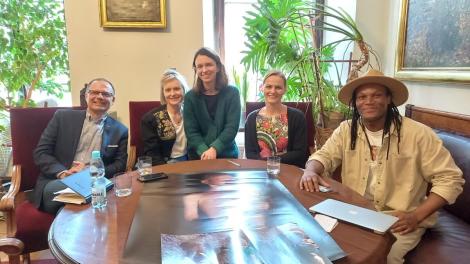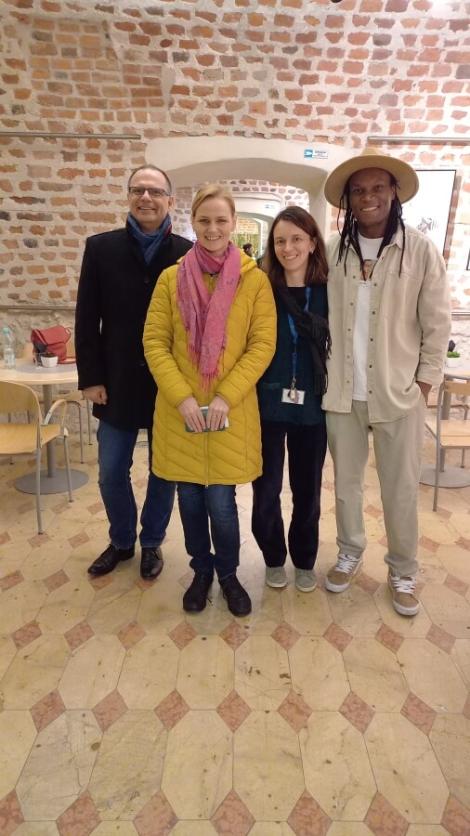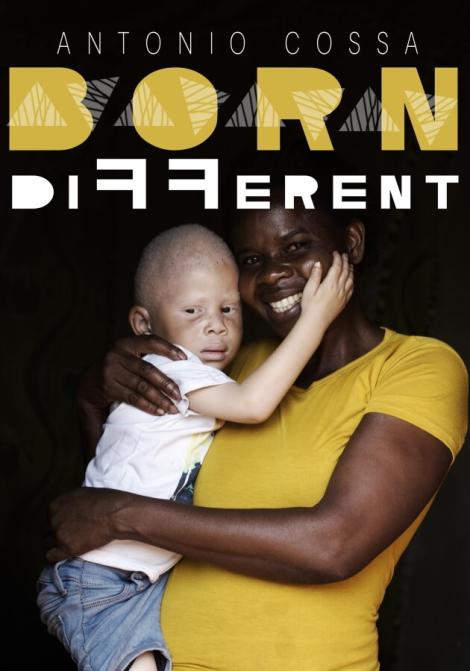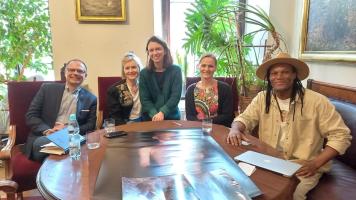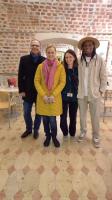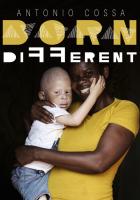On March 15th, a meeting took place at the Jagiellonian University Museum Collegium Maius involving Professor Robert Kłosowicz, Director of the Jagiellonian Research Center for African Studies, Dr. Joanna Ślaga, Deputy Director of the Jagiellonian University Museum, and Katarzyna Zięba, M.A., head of the Strategy and Development Department with the Photographic and Audiovisual Documentation Section of the Jagiellonian University Museum. Also present were the creators of the photographic exhibition on people with albinism in Africa: Dr. Kateřina Mildnerová from Palacký University Olomouc and photojournalist Antonio Cossa from the University of Prague.
The exhibition, slated for May of this year at the Jagiellonian University Museum Collegium Maius, is a collaborative effort between Jagiellonian Research Center for African Studies and the Jagiellonian University Museum. It will accompany the 7th Congress of Polish Africanists and the 10th anniversary of the JRCAS.
Titled "Born Different," the photographic exhibition by renowned photojournalist Antonio Cossa offers an intimate portrayal of the daily lives of people with albinism in Africa. Its aim is to shed light on the challenges faced by individuals affected by albinism in Zambia and Benin. In Zambia, they are often regarded as “monster people’ (mwavi), believed to bring curses and misfortune to their families and communities. The exhibition primarily focuses on the struggles encountered by people with albinism in Zambia, where their rights are routinely violated. These individuals endure pervasive social stigma, discrimination, isolation, and constant fear of ritualistic violence. Annually, several dozen fall victim to abductions, ritual killings, or mutilations for their body parts and hair, which are highly prized for their perceived wealth, power, and prestige. In Zambia, these crimes are predominantly perpetrated by family members, with albino body parts trafficked by organized criminal networks to neighboring countries such as Malawi, Tanzania, and Mozambique.


